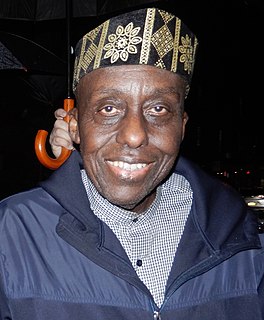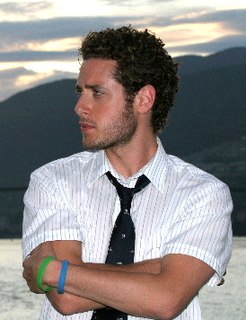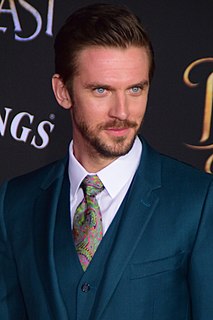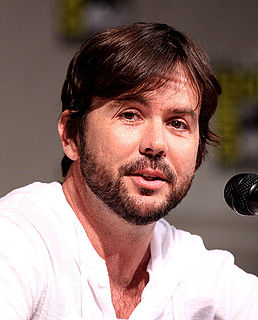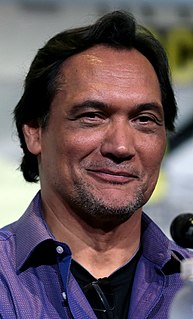A Quote by Bill Duke
What I really plan to do is take the best scripts I get and consider them seriously. I can actually work as an actor and prepare a film as a director.
Related Quotes
I love the variety of films. In theater, you go into a room and the director runs the room, so you all work to his or her method. On film, if an actor or an actress is in for a day or two, the director has to get out of that actor what they need, so they have to change and adapt to that actor's technique.
You never know when you're taking a job, ever... but you try to take good scripts. That's all you can do as an actor - take the best thing available. Even then, it's not [really] in your control. Certainly not in film and TV, because there are so many other elements. You just have to take control of your own performance.
The only thing I would advise young actors to do is prepare for the amount of adversity that you're going to come in contact with by choosing to be an actor because before you actually "made it" or get the skills, people are all not going to take you seriously, and many people will try to discourage you from it. Don't take any of their advice. Do it, and do it and do it. Remember the compliments. Forget the insults.
Film is such a director's medium; you're really in their hands in terms of the real storytelling. As an actor, you can give a performance moment to moment and some of your takes will be used and some of them won't. I think there are great films you can make with bad performances, and vice versa. There are all combinations of those things. It's really down to the director what happens, I think, so that's why it's really good to work with very talented, bold directors.
You can say something that can really help and actor and you can say something that can really get in the way of an actor's performance, kind of cut them off from their instincts and really get into their heads. And every actor's different. Every actor requires something different. Being an actor, for me, was the greatest training to be a writer and director.
With a director it's all about the work; I'd work with a great director over - you know, I'm not the kind of actor who that doesn't go, 'I want to play this role.' It's more like, 'I want to work with this director,' regardless of what the role is because if it's a good director, you'll probably find a good role because it's a decent film. But a mediocre director will always make a mediocre movie.
The director Denis [Villeneuve] is actually an actor (he's from Sons of Anarchy and he's a great character actor) and he's also a screenwriter (he wrote What Lies Beneath). It blows my mind to see when people from one sector move to another and excel. I think Sicario was one of the best directed and written films. It did get [a nomination for best] cinematography, though.
In fact, now for whatever reason, if we're recording in the same room, I get a little distracted because I'm watching the actor instead of listening to the actor. The way we do it now, they're on the phone, and we're sitting here with scripts in front of us taking notes seriously and marking takes and doing some adlibs. I can really focus on the words and not the surroundings.
